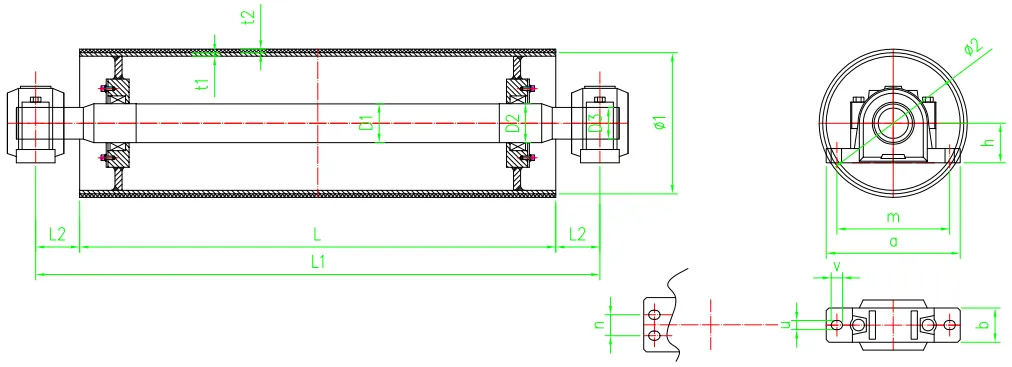 Afrikaans
Afrikaans  Albanian
Albanian  Amharic
Amharic  Arabic
Arabic  Armenian
Armenian  Azerbaijani
Azerbaijani  Basque
Basque  Belarusian
Belarusian  Bengali
Bengali  Bosnian
Bosnian  Bulgarian
Bulgarian  Catalan
Catalan  Cebuano
Cebuano  Corsican
Corsican  Croatian
Croatian  Czech
Czech  Danish
Danish  Dutch
Dutch  English
English  Esperanto
Esperanto  Estonian
Estonian  Finnish
Finnish  French
French  Frisian
Frisian  Galician
Galician  Georgian
Georgian  German
German  Greek
Greek  Gujarati
Gujarati  Haitian Creole
Haitian Creole  hausa
hausa  hawaiian
hawaiian  Hebrew
Hebrew  Hindi
Hindi  Miao
Miao  Hungarian
Hungarian  Icelandic
Icelandic  igbo
igbo  Indonesian
Indonesian  irish
irish  Italian
Italian  Japanese
Japanese  Javanese
Javanese  Kannada
Kannada  kazakh
kazakh  Khmer
Khmer  Rwandese
Rwandese  Korean
Korean  Kurdish
Kurdish  Kyrgyz
Kyrgyz  Lao
Lao  Latin
Latin  Latvian
Latvian  Lithuanian
Lithuanian  Luxembourgish
Luxembourgish  Macedonian
Macedonian  Malgashi
Malgashi  Malay
Malay  Malayalam
Malayalam  Maltese
Maltese  Maori
Maori  Marathi
Marathi  Mongolian
Mongolian  Myanmar
Myanmar  Nepali
Nepali  Norwegian
Norwegian  Norwegian
Norwegian  Occitan
Occitan  Pashto
Pashto  Persian
Persian  Polish
Polish  Portuguese
Portuguese  Punjabi
Punjabi  Romanian
Romanian  Russian
Russian  Samoan
Samoan  Scottish Gaelic
Scottish Gaelic  Serbian
Serbian  Sesotho
Sesotho  Shona
Shona  Sindhi
Sindhi  Sinhala
Sinhala  Slovak
Slovak  Slovenian
Slovenian  Somali
Somali  Spanish
Spanish  Sundanese
Sundanese  Swahili
Swahili  Swedish
Swedish  Tagalog
Tagalog  Tajik
Tajik  Tamil
Tamil  Tatar
Tatar  Telugu
Telugu  Thai
Thai  Turkish
Turkish  Turkmen
Turkmen  Ukrainian
Ukrainian  Urdu
Urdu  Uighur
Uighur  Uzbek
Uzbek  Vietnamese
Vietnamese  Welsh
Welsh  Bantu
Bantu  Yiddish
Yiddish  Yoruba
Yoruba  Zulu
Zulu neoprene idler rollers
Understanding Neoprene Idler Rollers A Key Component in Material Handling
Neoprene idler rollers are essential components in various industrial applications, particularly in material handling systems. These rollers, made from neoprene—a synthetic rubber known for its resilience and versatility—play a critical role in ensuring the smooth operation of conveyor belts and other machinery. Their unique properties make them particularly suitable for environments that demand durability and resistance to wear and tear.
One of the primary advantages of neoprene idler rollers is their excellent resistance to a range of environmental factors. Neoprene is tolerant of heat, oil, chemicals, and ozone, making the rollers less prone to degradation in harsh conditions. This increased durability extends the lifespan of the rollers, reducing the frequency of replacements and thereby minimizing maintenance costs for businesses.
In addition to their strength, neoprene idler rollers provide significant friction control, which is vital for maintaining the efficiency of conveyor systems
. The unique surface characteristics of neoprene allow these rollers to grip materials effectively, preventing slippage and ensuring that products move smoothly along the assembly line. This feature is particularly important in industries such as food processing, manufacturing, and mining, where material handling efficiency directly impacts productivity and profitability.neoprene idler rollers

Moreover, neoprene idler rollers come in a variety of sizes and configurations, making them highly adaptable to different applications. Whether it's transporting lightweight packages or heavy industrial materials, these rollers can be customized to meet specific operational needs. This flexibility allows businesses to optimize their production processes and enhance overall efficiency.
Another noteworthy factor is the environmental benefits associated with neoprene. As industries increasingly prioritize sustainability, using neoprene rollers made from recycled materials is becoming more common. This approach not only helps in reducing environmental impact but also appeals to consumers who are conscious of sustainability practices.
In conclusion, neoprene idler rollers are a vital part of modern material handling systems. Their durability, resistance to environmental factors, and effective performance in friction control make them indispensable in various industrial applications. As technology progresses and industries evolve, the role of neoprene idler rollers will likely expand, continuing to support efficient and sustainable operations. Businesses aiming to enhance their material handling processes should consider the benefits of integrating neoprene idler rollers into their systems.





























